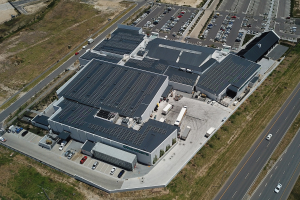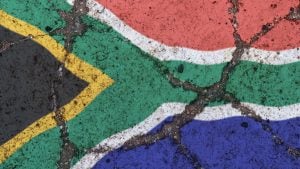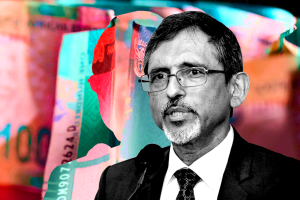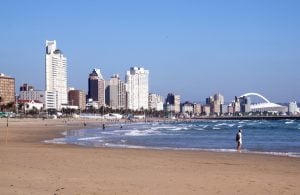Inflation relief on the cards for South Africa – but it won’t be a smooth ride
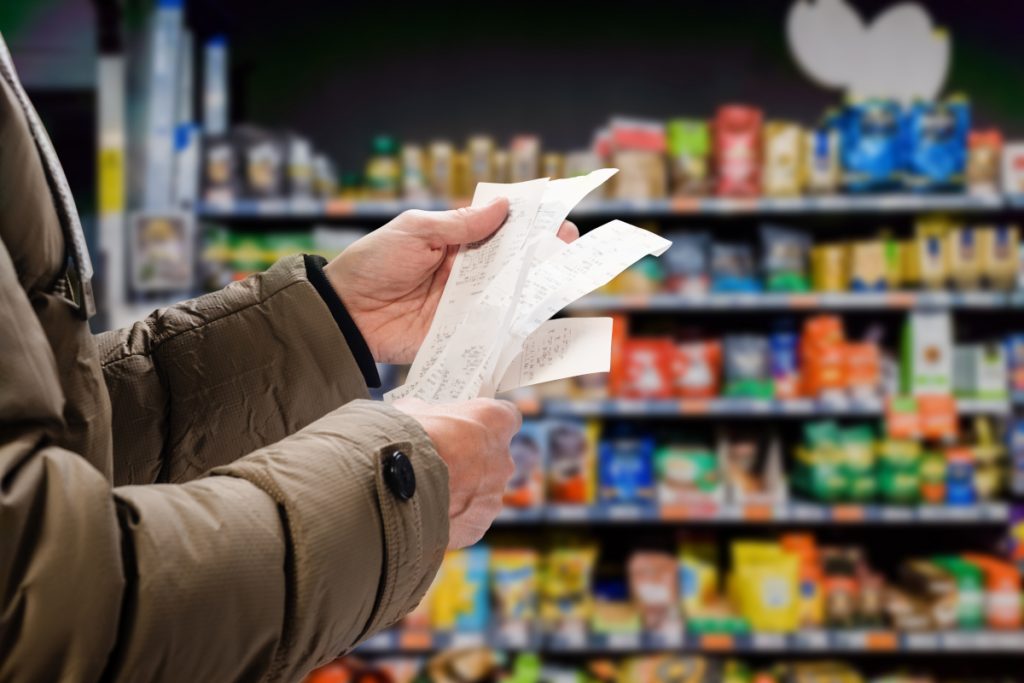
South Africa’s inflation is unlikely to increase significantly over the next couple of months, but there could be a few hitches.
Investec Chief Economist Annabel Bishop said that South Africa’s Headline Inflation rate is likely to drop from 5.4% in September to 5.0% in December.
It will likely hit the South African Reserve Bank’s target midpoint of 4.5% by mid-2024 but will experience a slight spike in January due to retailers putting up prices in their annual repricing.
Oil and petroleum product prices and the exchange rate will also have a massive effect, with a fuel price cut of R1.31/litre for petrol and R1.85/litre for diesel expected for December, mainly due to lower international product prices.
“The rand is still stronger than in October, but nearer R18.50/USD today, modestly weaker than its close of yesterday at R18.34/USD as some of the exuberance post the FOMC meeting dims, while demand concerns have weakened oil prices,” Bishop said.
The S&P Global Sector PMI noted that the wider manufacturing sector is leading the downturn in output, with input prices increasing across all monitored sectors at the start of Q4 for the first time since February, indicating that there is a return to inflationary pressure building.
“Expectations are for lower inflation in 2024, at an average (4.6% y/y) versus 2023 (5.8% y/y); risks remain to this outlook, both from the weather and global events, while inflation in SA continues to see high cost pressures from administered prices,” Bishop said.
International agricultural food commodity prices rose in October by 2.9% m/m. These commodities are priced in dollars, and the rand weakened against the dollar by 0.3% m/m from September to October.
This will add to food price pressures and likely keep the CPI inflation figure for October around the elevated level of 5.4% in September.
That said, from November, major fuel cuts will help keep inflation lower, along with the base effects of higher inflation from a year prior.
“While inflation could dip to 5.1% y/y in the December 2023 reading, it could lift again, reaching 5.6% y/y in January 2024, but this is likely to be the last substantial rise in inflation up until the end of 2024 at least,” Bishop said.
Weather concerns
As food is an important part of the CPI basket, any significant changes in weather conditions can have a serious impact on inflation.
The current El Nino weather pattern – which results in drier conditions in South Africa – is expected to last until at least April 2024, with the impact expected to be felt throughout 2024.
Although severe weather events driven by El Nino can drive up prices – especially droughts and hot summers in South Africa’s case, the country’s soil moisture is relatively high after coming from a La Nina – above-average rainfall – period.
A severe drought is also not expected during such a short El Nino event, meaning prices should not skyrocket.
Read: This ‘tax alternative’ could end the fuel levy and cut petrol prices in South Africa


